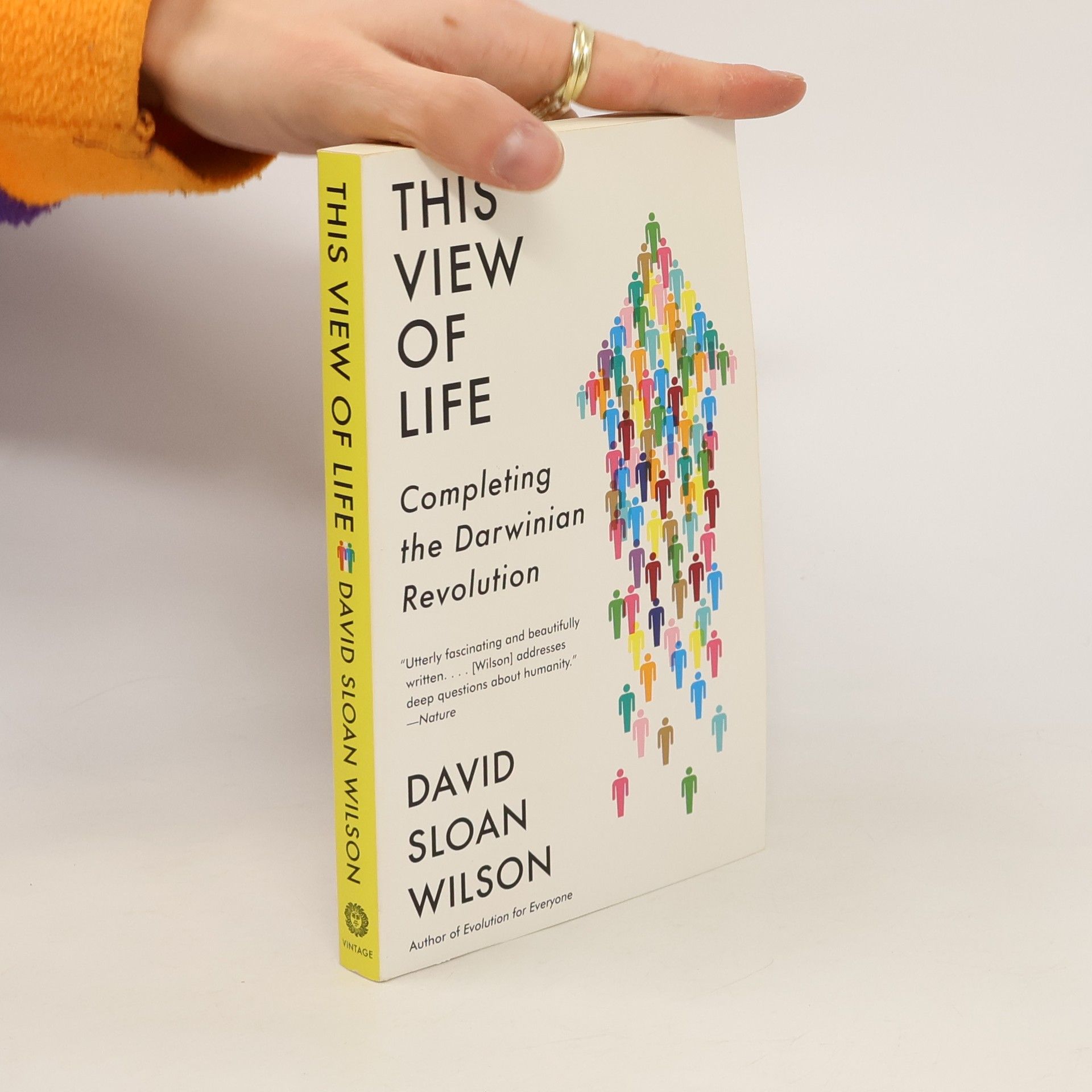Die Spitzen der Gesellschaft
- 407 Seiten
- 15 Lesestunden
David Sloan Wilson ist ein Evolutionsbiologe, der sich mit der Evolutionstheorie auseinandersetzt. Seine Arbeit konzentriert sich darauf, wie Darwins Theorie auf verschiedene Aspekte des menschlichen Denkens und Verhaltens angewendet werden kann. Wilson bemüht sich zu zeigen, wie ein tiefes Verständnis der Evolution zu neuen Perspektiven in vielen Bereichen des menschlichen Lebens führen kann.





It is widely understood that Charles Darwin’s theory of evolution completely revolutionized the study of biology. Yet, according to David Sloan Wilson, the Darwinian revolution won’t be truly complete until it is applied more broadly—to everything associated with the words “human,” “culture,” and “policy.” In a series of engaging and insightful examples—from the breeding of hens to the timing of cataract surgeries to the organization of an automobile plant—Wilson shows how an evolutionary worldview provides a practical tool kit for understanding not only genetic evolution but also the fast-paced changes that are having an impact on our world and ourselves. What emerges is an incredibly empowering argument: If we can become wise managers of evolutionary processes, we can solve the problems of our age at all scales—from the efficacy of our groups to our well-being as individuals to our stewardship of the planet Earth.
This Element analyzes the various forms of design arguments: the complex adaptive features that organisms have, and the argument for fine-tuning, which contends that life could not exist in our universe if the constants found in the laws of physics had values that differed even slightly from their actual values.
Argues that altruism is an inherent factor of group functionality and discusses how studying group function can promote positive changes to the human condition.
An Integrated Framework for Understanding, Predicting, and Influencing Human Behavior [16pt Large Print Edition]
The book explores the intrinsic connection between contextual behavioral science and evolutionary science, highlighting how both fields examine behavior through the lens of environmental influences and selection pressures. The authors, experts in their respective domains, advocate for the reintegration of these perspectives, arguing that such a reunification is crucial for a comprehensive understanding of behavior across species. Their insights aim to bridge the gap between these disciplines, fostering a more holistic approach to studying behavior and evolution.